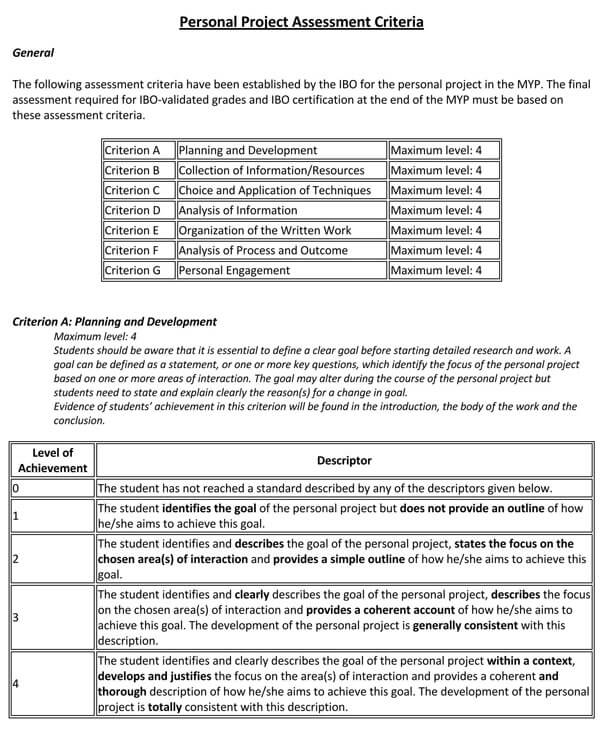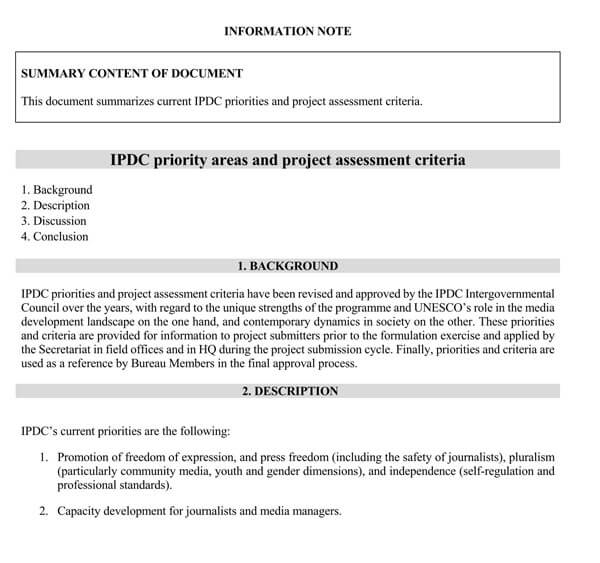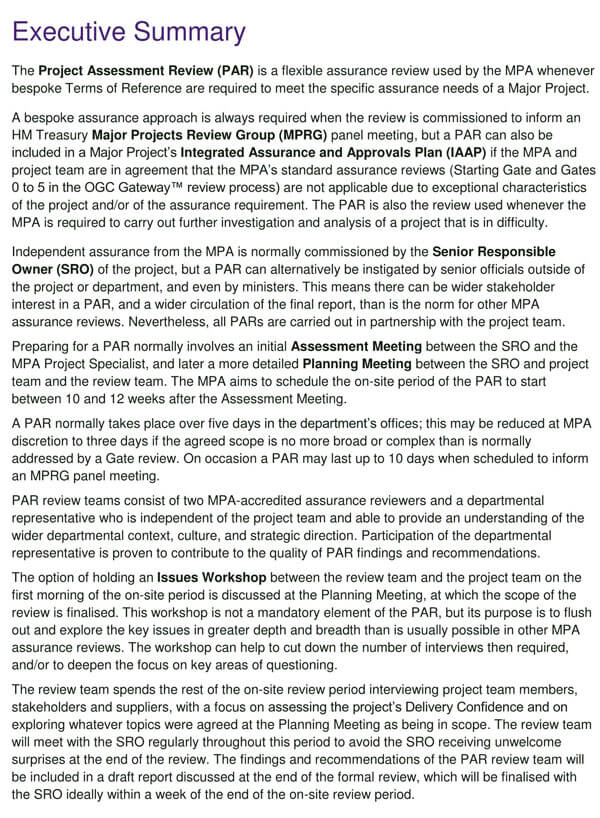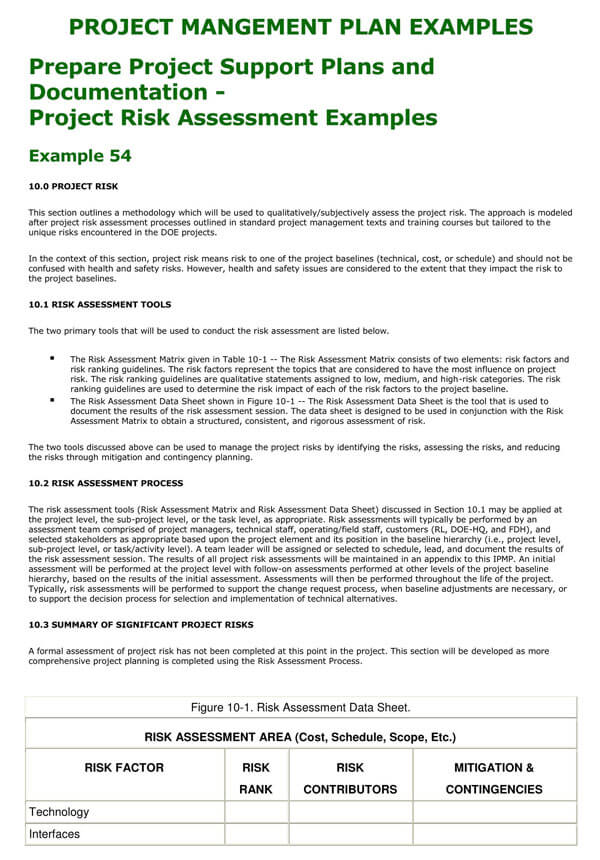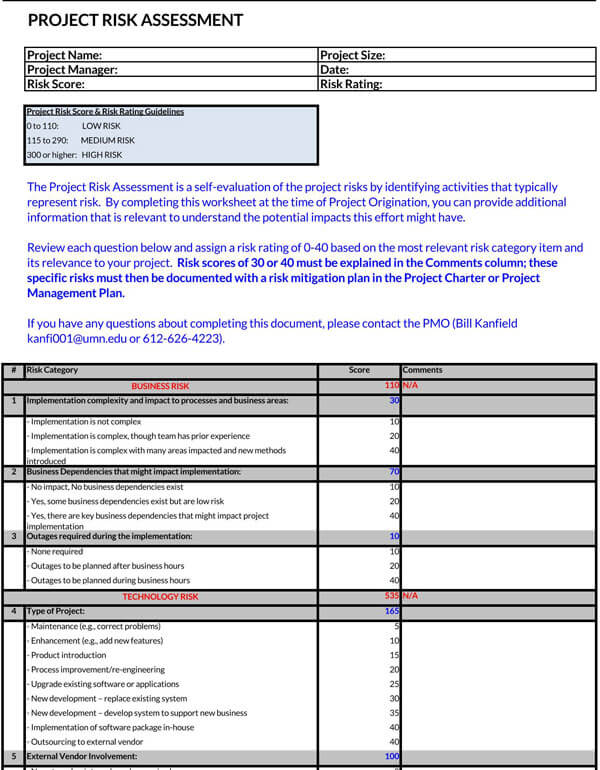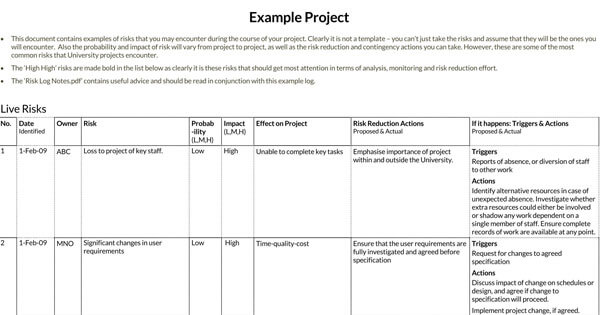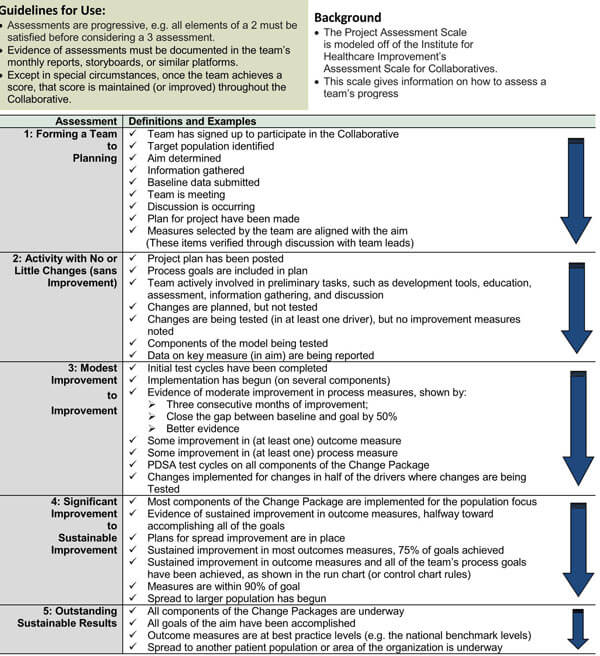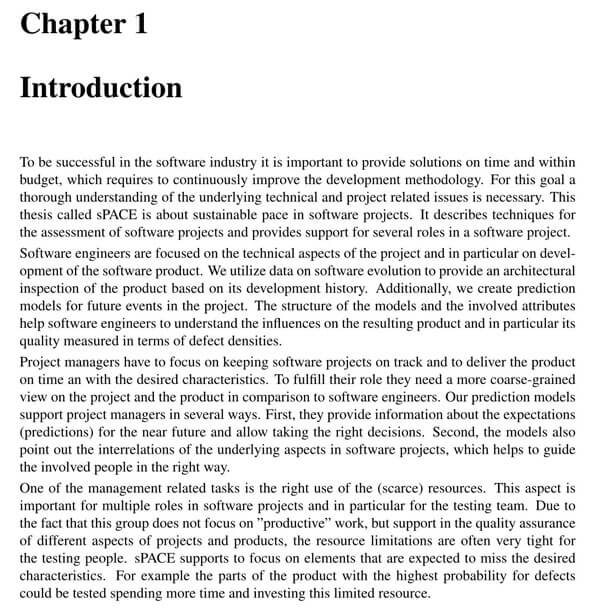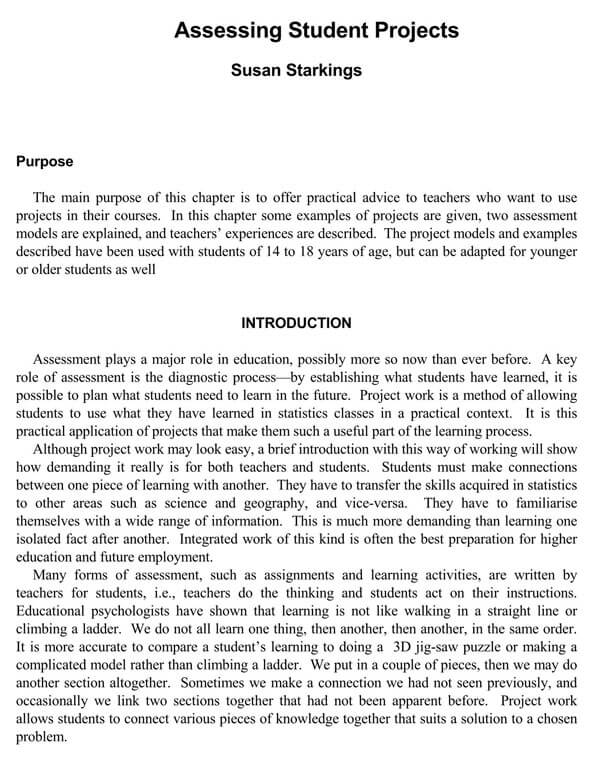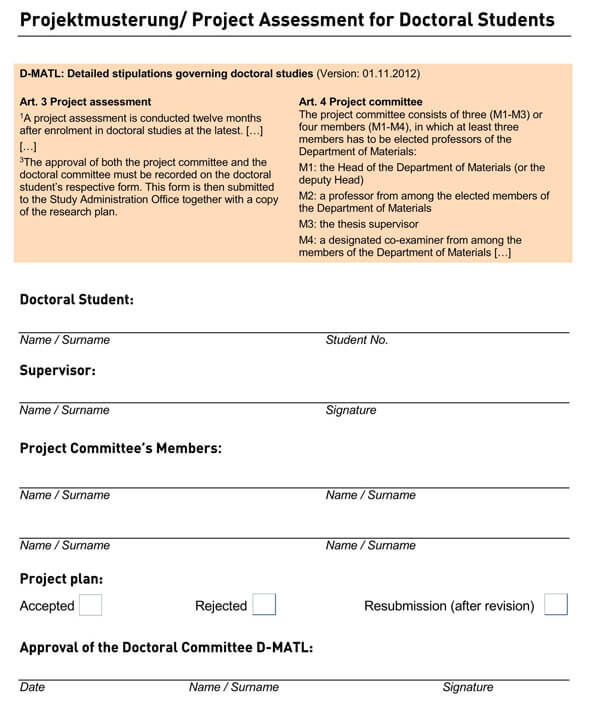When you first join a business program or project as the manager, your priority is conducting a review of the project or program. It would be best if you did this before conducting a stakeholder assessment, a change readiness assessment, or an impact analysis.
The purpose of conducting a project analysis is to understand the scale, scope, general objectives, and timeline of the project. After acquiring this knowledge, you will be able to implement and develop the project better. You will also change the management deliverables that are crucial in supporting the project and making it a success.
What is a Project Assessment?
A project assessment is a systematic process of addressing and determining the needs of an ongoing project. It aims to meet the desired wants and conditions of a project. It is essential to ensure that the desired conditions are measured appropriately to pinpoint the need for change. After that, any changes that need to be made are considered and, if possible, implemented. It helps achieve the project objectives and serve as inputs to its charter.
In many cases, a project assessment is undertaken in the course of the project. In such cases, should any external factors change, the assessor will have to revisit that project’s initial goals. This is a way of ensuring that the project is on course and that every aspect has been put into consideration.
Importance to Conduct a Project Assessment in the Beginning
The use of project-based assessment has grown tremendously. Not only has it expanded within education curriculums but also beyond traditional testing applications. It has become one of the most reliable methods of conducting a project assessment. In academics, there can be extensive value to a student’s general learning process. This is with the introduction of project-based learning to back up standard curriculum material. In many cases, the project-based component of a lesson can enable students to make concept related decisions.
Project assessments emphasize the socio-economic impacts of a project before it is launched. This ensures that any adverse effects are taken care of or mitigated. If the project proceeds, the information gathered through environmental assessment is used to dictate the necessary changes. This helps minimize the impacts it has on people and the environment.
How to Conduct a Project Assessment
Analyze the state of things: You need to evaluate the project and carefully find all the facts. Ensure that everything checks out and that the data gathered is relevant to the project. By reviewing the situation, you can easily tell what needs to be done.
Look for the necessary evidence: This is one of the most critical parts of an assessment. Categorize the evidence into different sections—Group similar evidence together to make the evaluation easier.
Evaluate the available evidence: This is where you determine the impact of the project in detail. In analyzing the evidence manually is challenging, try using technology. There are various ways you can analyze data using technology. Furthermore, they tend to give a more accurate evaluation.
Take advantage of the available resources: You don’t have to gather information from other sources; instead, use what is readily available.
Share the findings: The last step is sharing the results of your assessment with the necessary people. The purpose of the project assessment is to reveal the state of a particular project. There, after completion, it is essential to share the results with the relevant people.
Best Practices to Follow
- Perform a “project” analysis
- Form team and priorities
- Integrate prioritized needs to develop a better assessment
- Always include a problem statement
- Indicate your expected results
Characteristics of a Good Project Assessment
- Focuses on learning that is aligned with assessment standards.
- Curriculum-aligned Questions drive it.
- It involves on-going and multiple types of assessment.
- It has real-world connections.
- It indicates what changes should be made to a project.
Project Assessment Questions To Ask Project Resources And Stakeholders
- What kind of change is this? Do systems change? Is it a process change?
- Is there any known resistance?
- Who can people talk to when they have questions?
- Who are the key stakeholders and impacted groups?
- What are the crucial milestones and protect dynamics?
- What are the chances of success?
- What are the objectives, goals, and specific objectives of the project?
- What are the program risks? Is there a current issue or risk?
- What are the known pain points, concerns, challenges?
Project Assessment Examples
Sometimes, it can be challenging to create project assessment templates. However, we have made the process easier by designing high quality and easy to use templates that are available for download.
Benefits of Project-Based Assessment
By conducting a project-based assessment, you seek to understand the program’s scale, scope, overall objectives, and timeline. After acquiring this knowledge, you will be able to develop and implement the project deliverables or entirely change management’s system. Project assessment is crucial in delivering the results and making the project a success.
Failure to do a project assessment, you will always find yourself a step behind. Therefore, you will be playing catch-up as others forge ahead. If you are a program manager or acting in any other related role, you shouldn’t be in such situations. You can quickly fail to deliver the expected results.
